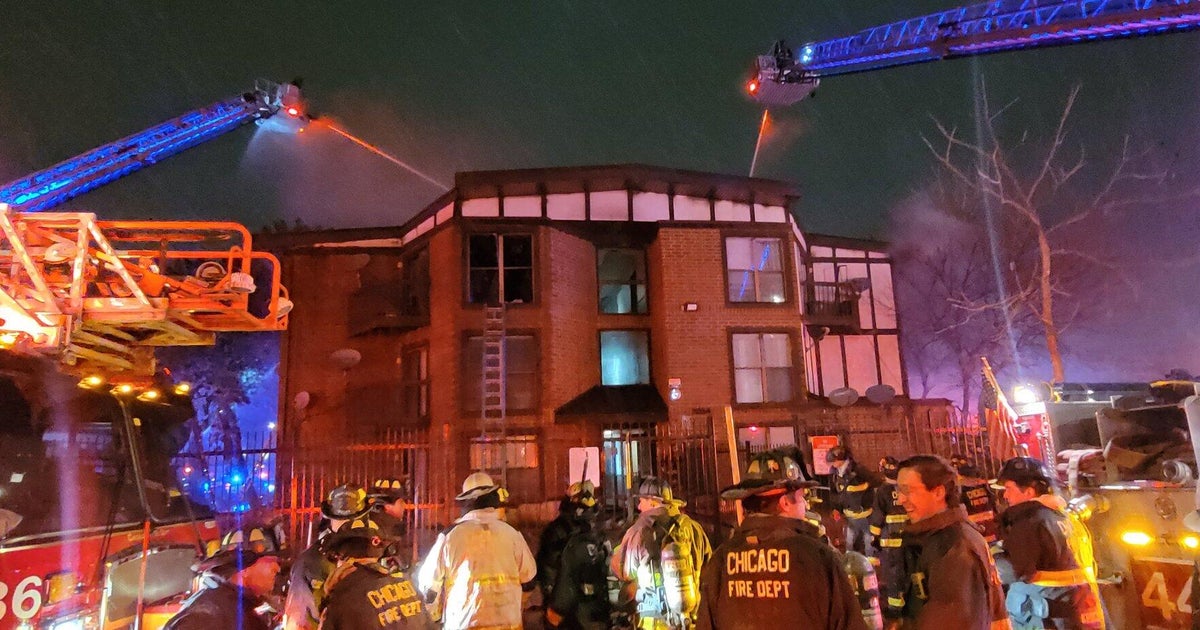Firefighters Credit Animal Saving Skills To BART
RICHFIELD, Minn. (WCCO) – It's a rescue video that may make you look twice: Richfield firefighters working to resuscitate a dog that escaped a burning home.
Sadly, the dog died Monday at a pet hospital.
But work of the firefighters allowed the family to say goodbye. Fire crews credit a veterinarian training program for teaching them how save the lives of animals.
Dr. Janet Olson is a veterinarian, and the wife of a firefighter. It was after hearing his stories that she realized there was a critical need when it came to the treatment of animals in the midst and aftermath of house and apartment fires.
"So far, I've trained over four thousand firefighters in the state of Minnesota," Olson said.
Dr. Olson created BART, or basic animal rescue training. BART is operated strictly by volunteers. They teach how to respond to everything from helping horses and livestock to teaching CPR for companion animals - a skill they recommend all pet owners master.
In order to figure out if mouth-to-nose resuscitation is needed, do these three things. First, check and make sure there's this healthy pink color to the gums. White means there's a problem.
Second, rest your hand on his chest to feel if there's breathing.
And third, use your fingers and check on the inner thigh to see if there's a pulse. If you can't find a pulse, Dr. Olson has this advice.
"We would actually breathe for them, and you can watch them and see their chest rising so we know we are being effective in our breaths," she said.
After two breaths comes the 30 compressions.
"So some of these things that we include in our kit that we provide to the firefighters who have gone to BART training are the oxygen face masks," she said.
BART volunteer Cassie Panning says metro firefighters are putting their kits to good use, with their training coming full circle.
"With the firefighters being able to use the skills that they learned and actually bring the dog back, it actually gave the owners a chance to be able to say goodbye to their pet," Dr. Olson said.
BART is run strictly off of grants and donations.
To learn more about the organization and to see if your local emergency responders have been trained, click here.







